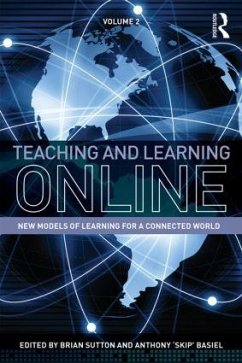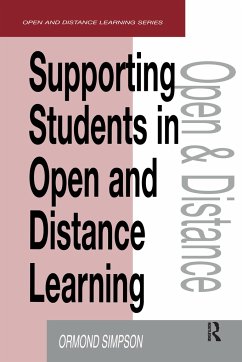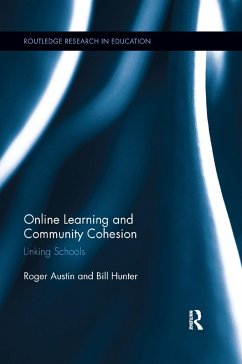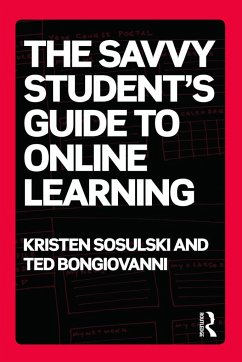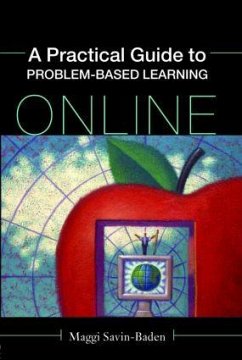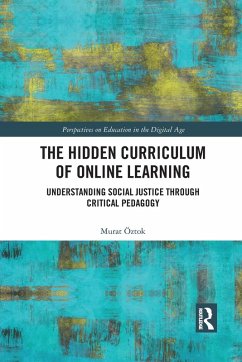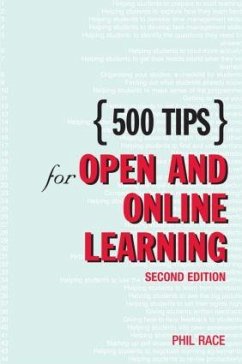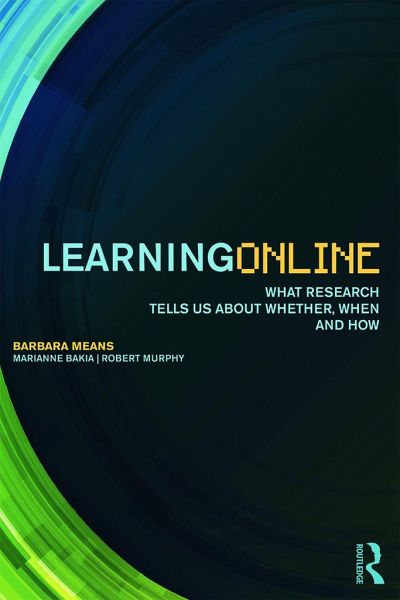
Learning Online
What Research Tells Us About Whether, When and How
Versandkostenfrei!
Versandfertig in 1-2 Wochen
46,99 €
inkl. MwSt.
Weitere Ausgaben:

PAYBACK Punkte
23 °P sammeln!
At a time when more and more of what people learn both in formal courses and in everyday life is mediated by technology, Learning Online provides a much-needed guide to different forms and applications of online learning. This book describes how online learning is being used in both K-12 and higher education settings as well as in learning outside of school. Particular online learning technologies, such as MOOCs (massive open online courses), multi-player games, learning analytics, and adaptive online practice environments, are described in terms of design principles, implementation, and conte...
At a time when more and more of what people learn both in formal courses and in everyday life is mediated by technology, Learning Online provides a much-needed guide to different forms and applications of online learning. This book describes how online learning is being used in both K-12 and higher education settings as well as in learning outside of school. Particular online learning technologies, such as MOOCs (massive open online courses), multi-player games, learning analytics, and adaptive online practice environments, are described in terms of design principles, implementation, and contexts of use. Learning Online synthesizes research findings on the effectiveness of different types of online learning, but a major message of the book is that student outcomes arise from the joint influence of implementation, context, and learner characteristics interacting with technology--not from technology alone. The book describes available research about how best to implement different forms of online learning for specific kinds of students, subject areas, and contexts. Building on available evidence regarding practices that make online and blended learning more effective in different contexts, Learning Online draws implications for institutional and state policies that would promote judicious uses of online learning and effective implementation models. This in-depth research work concludes with a call for an online learning implementation research agenda, combining education institutions and research partners in a collaborative effort to generate and share evidence on effective practices.





